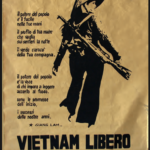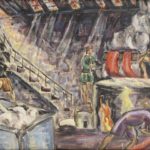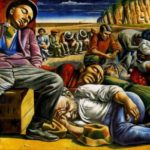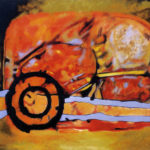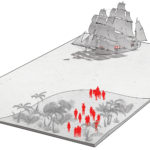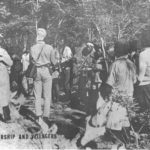
The Angolan Question (1976)
It was immediately obvious that there was a startling coincidence – a startling convergence – between the positions of certain individuals who call themselves progressive, revolutionaries, and who in fact regarded themselves as the essence of revolution – yet their positions converged with that of U.S. imperialism. And this amazing historical convergence needs to be understood.
 Viewpoint Magazine
Viewpoint Magazine
